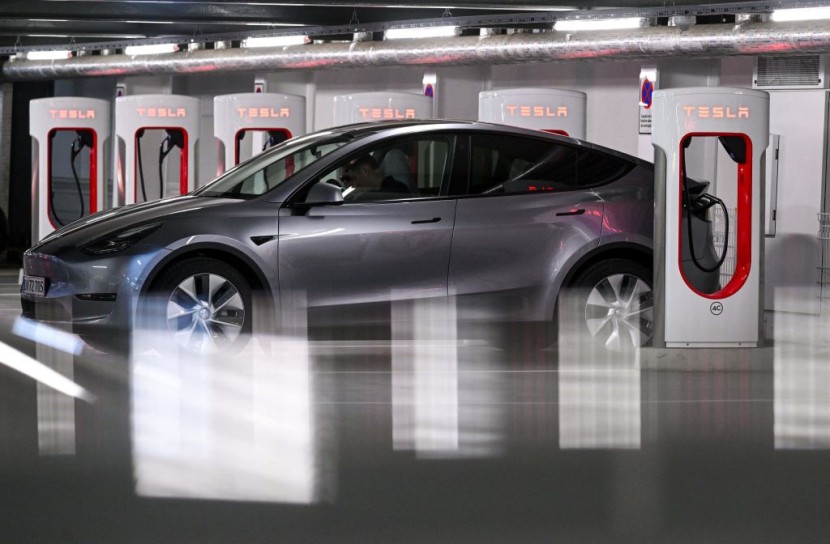Numerous electric vehicles, including popular models like the Nissan Leaf, Tesla Cybertruck All-Wheel Drive, some Tesla Model 3s, and the Chevrolet Blazer EV, have lost eligibility for tax credits of up to $7,500.
The US Treasury revealed that these changes, effective Monday, are a result of new battery sourcing rules designed to shift the US electric vehicle supply chain away from dependence on China, as per Reuters.
Treasury Guidelines Tighten EV Tax Credit Eligibility

Guidelines issued by the Treasury in December outlined stringent requirements, with narrower criteria reducing the number of qualifying models from around two dozen to just 13, according to federal data from fueleconomy.gov. The primary focus is on excluding vehicles that use battery components manufactured by Chinese companies from tax credits.
Treasury Department spokeswoman Ashley Schapitl emphasized that the government has been in close coordination with companies to ensure compliance with the new restrictions. Automakers are actively adjusting their supply chains to maintain eligibility for the clean vehicle credit, promoting partnerships, and contributing to job creation and investment in the United States, Schapitl stated.
The rules, part of President Joe Biden's climate legislation, were incorporated at the request of Senator Joe Manchin, a key Democratic figure. Manchin had expressed concerns about US taxpayers subsidizing batteries produced in China.
Vehicles that still qualify for the consumer credit include the Tesla Model Y, Rivian Automotive Inc.'s R1T pickup truck, Stellantis NV's Jeep Wrangler 4xe, and Ford Motor Co.'s F-150 Lightning pickup truck.
The guidelines, effective from Monday, have significantly impacted the number of electric vehicle models qualifying for US tax credits, reducing the figure from 43 to 19. This includes various versions of the same vehicle type. The Treasury highlighted that some manufacturers are yet to submit information on eligible vehicles, potentially leading to further changes in the list.
Tesla, one of the affected manufacturers, did not immediately comment but indicated on its website that the Cybertruck is expected to qualify for the federal tax credit later in 2024, according to Bloomberg.
$7,500 Tax Credit
The new rules allow buyers to claim the tax credit of up to $7,500 directly at the point of sale in participating dealerships. However, they set limits on vehicle price and buyer income to qualify.
Prominent electric vehicle models such as the Volkswagen, Tesla Model 3 Rear Wheel Drive, BMW X5 xDrive50e, Audi Q5 PHEV 55, Cadillac Lyriq, and Ford E-Transit are among those that no longer qualify for tax credits.
Automakers like Volkswagen expressed optimism about eligibility for future models under the new rules. However, some, like Nissan, are actively working with suppliers to meet the evolving requirements and regain tax credit eligibility for specific models.
General Motors acknowledged the temporary loss of eligibility for all its EVs except the Chevrolet Bolt, attributing it to minor components affecting the Lyriq and Blazer EV. GM anticipates regaining eligibility for these models in early 2024 after a sourcing change.
The evolving landscape of electric vehicle tax credits continues to shape the industry, influencing automakers' supply chain decisions and reshaping the incentives available to consumers, Business World reported.
Related Article : ESPN Reporter Experiences Racism at California Upscale Store








